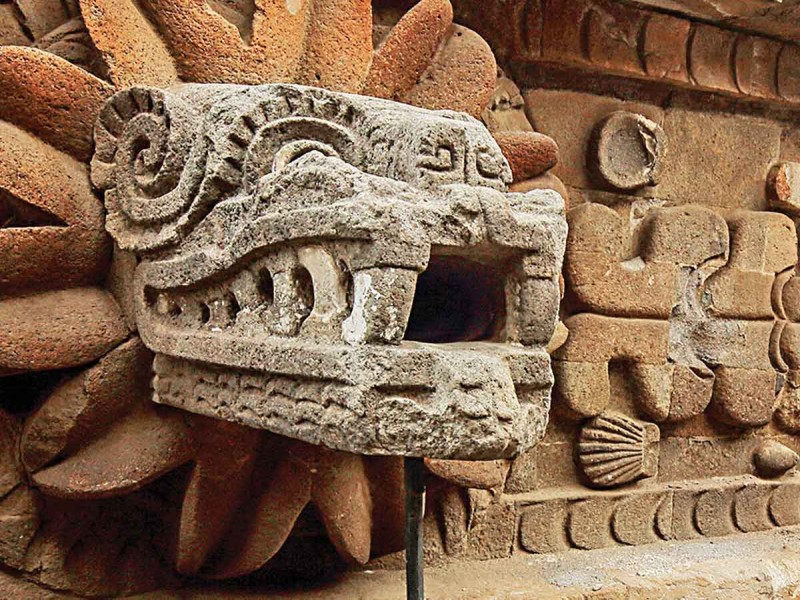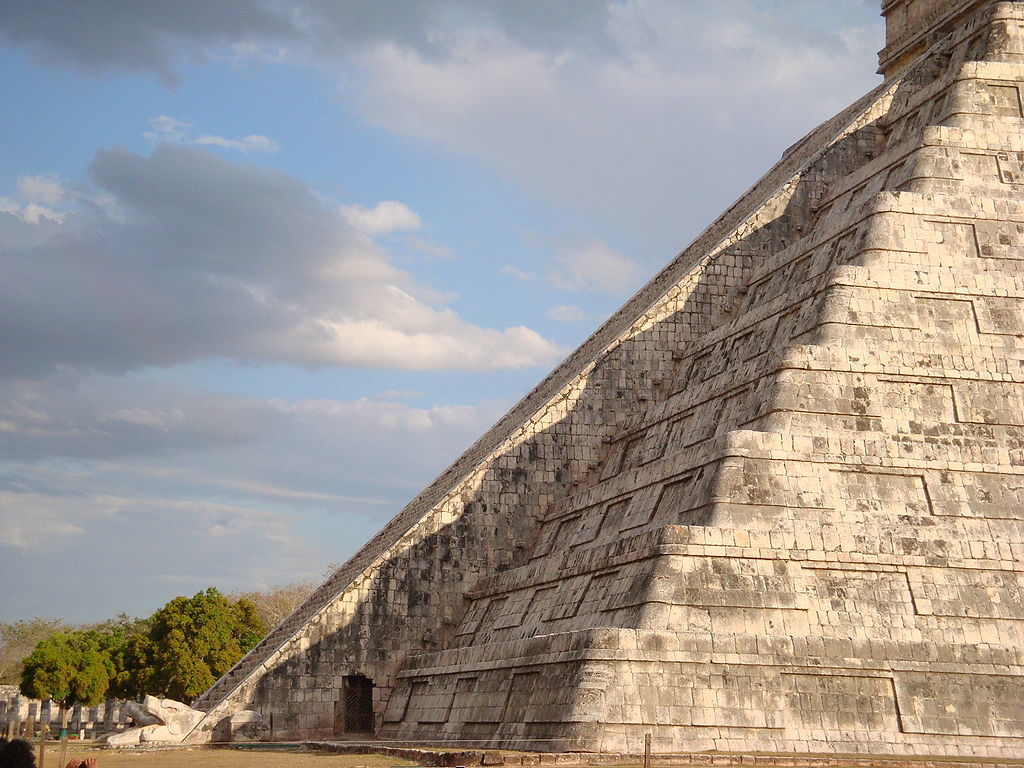The ancient city of Chichen Itza stands as a testament to the advanced civilization of the Mayans. Among its remarkable structures, the Kukulkan Pyramid, also known as El Castillo, stands tall and proud. This article explores the mystical allure of the Kukulkan Pyramid, delving into its architectural brilliance, mythological significance, and cultural impact.

Chichen Itza, located in the Yucatan Peninsula of Mexico, was once a thriving city and a center of Mayan civilization. It is now a UNESCO World Heritage Site, drawing thousands of visitors each year. The site's historical significance and well-preserved structures continue to amaze archaeologists and tourists alike.
At the heart of Mayan mythology lies Kukulkan, the feathered serpent deity associated with creation and rebirth. The pyramid's design reflects the belief in this powerful god, symbolizing a connection between the heavens and the earth. The Kukulkan Pyramid's awe-inspiring architecture never fails to captivate visitors. With its four-sided structure and steep staircases, it rises majestically, leaving observers in awe of the Mayan engineering prowess.
One of the pyramid's most intriguing features is its alignment with celestial events. During the equinoxes, shadows create the illusion of a descending serpent on the pyramid's staircase, a manifestation of Kukulkan. The pyramid's construction involved intricate mathematical calculations, showcasing the Mayans' advanced knowledge in this field. The use of specific numbers held deep cultural and religious significance.
Chichen Itza was a center for religious ceremonies, and the pyramid played a crucial role in these rituals. Human sacrifices were performed to appease the gods and ensure the prosperity of the civilization.

Another enigmatic feature of the pyramid is the acoustic phenomenon at its base. A clap near the staircase produces an echo that sounds like a rattlesnake's hiss, adding to the pyramid's mystique.
The Kukulkan Pyramid is not the only remarkable structure in Chichen Itza. Surrounding temples and sculptures showcase intricate carvings and artwork, depicting various aspects of Mayan life and beliefs.
One notable sculpture found at the pyramid is the Chac Mool, a reclining figure holding a bowl. The purpose and symbolism of this statue remain a subject of debate among archaeologists.
Chichen Itza faced periods of abandonment and was eventually rediscovered in the 19th century. Today, restoration efforts are ongoing to preserve the site for future generations.
The enigmatic allure of the Kukulkan Pyramid extends beyond ancient times. Its influence can be seen in contemporary architecture, art, and even popular culture. The pyramid has become a must-visit destination for travelers seeking a glimpse into the past.
As with many historical sites, the preservation of Chichen Itza faces challenges. Controversies arise around restoration methods and the impact of tourism on the delicate archaeological remains.
To ensure that Chichen Itza continues to inspire and educate, sustainable tourism practices and conservation efforts are essential. Preserving this invaluable cultural heritage is a responsibility we all share.
The Kukulkan Pyramid, an emblem of Chichen Itza's grandeur, beckons travelers and history enthusiasts to unravel its mysteries. As we stand in awe of the architectural marvel and immerse ourselves in its rich history, let us also remember the importance of safeguarding this ancient wonder for generations to come. Chichen Itza's feathered serpent continues to enchant and intrigue, reminding us of the brilliance and ingenuity of the Mayan civilization.